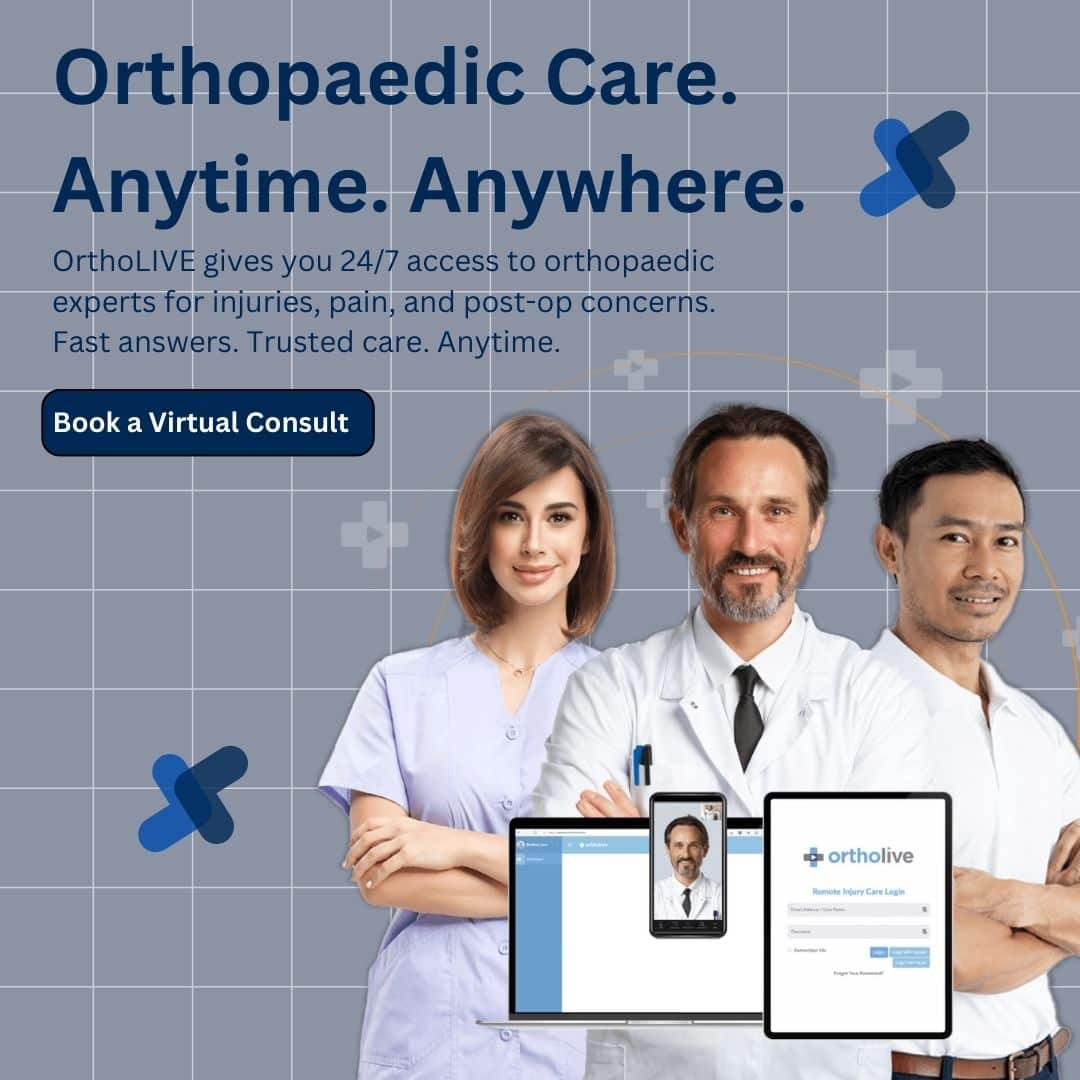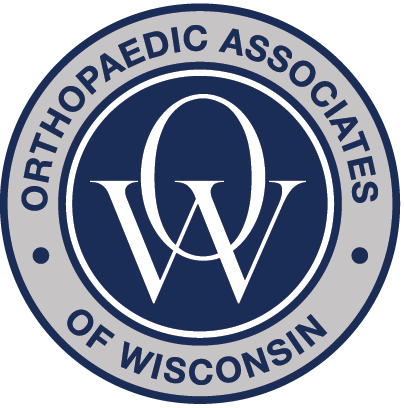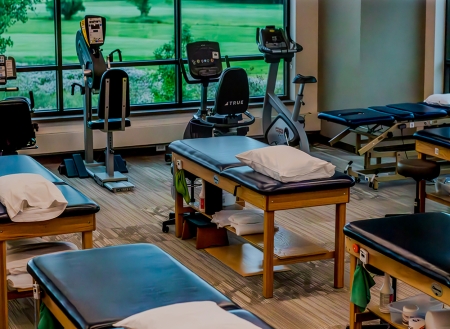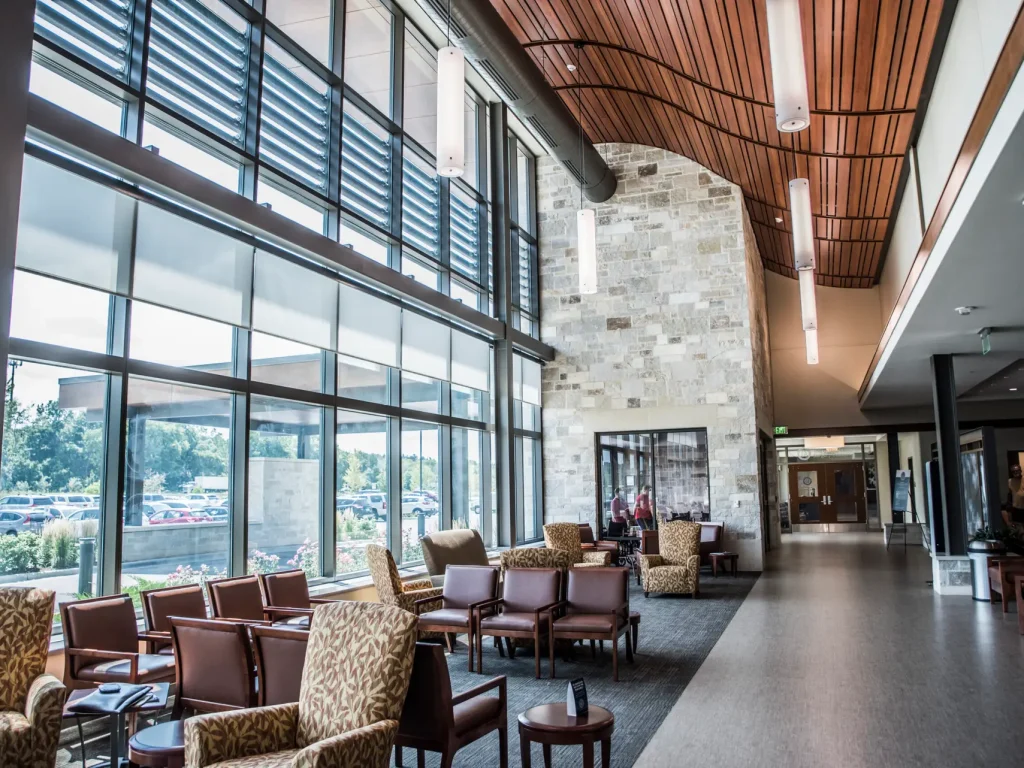SURGERY CENTER: FAQs
Find answers to common questions about orthopedic surgery, pre-op preparation, recovery, and what to expect at our state-of-the-art Surgery Center.
General Information
What is an Ambulatory Surgery Center (ASC)?
An ASC is a modern healthcare facility focused on providing same-day surgical care. Our ASC allows patients to have surgery in a comfortable, streamlined setting without needing an overnight hospital stay.
What types of surgeries are performed at your Surgery Center?
Our Surgery Center specializes in outpatient orthopedic procedures designed to help patients return to activity safely and efficiently. Common surgeries include joint replacements (hip, knee, shoulder), arthroscopic procedures, ligament and tendon repairs (ACL reconstruction or rotator cuff repair), fracture fixation, hand and wrist surgery, foot and ankle procedures, and minimally invasive spine treatments. All surgeries are performed by board-certified orthopedic surgeons using advanced techniques in a safe, patient-focused environment.
Who are the healthcare professionals staffing The Orthopaedic Surgery Center?
The Orthopaedic Surgery Center is staffed by Board-Certified/Fellowship-Trained Orthopaedic Physicians. A highly qualified nursing staff and anesthesiologist will monitor your care before, during and after your procedure.
BEFORE SURGERY
How should I prepare for my surgery?
Our pre-admission nurses will give detailed instructions, including when to stop eating or drinking, what medications to take or pause, and what to bring. If you have questions, call us—we’re happy to walk you through it.
Will I need someone to drive me home?
Yes. If you are undergoing a procedure with general anesthesia, you must arrange for a responsible adult to drive you home and stay with you for at least 24 hours afterward for your safety.
What time should I arrive?
You’ll receive a call the day before surgery with your arrival time and final instructions. Make sure your phone is on and keep an eye on your voicemail.
Should I exercise before surgery?
Yes, staying active before surgery is generally encouraged unless your care team advises otherwise. Regular, gentle exercise can help improve your strength, flexibility, and stamina, which may lead to a smoother recovery. Even simple activities like walking, stretching, or prescribed physical therapy exercises can make a positive difference. Please always check with your physician to ensure your chosen activity is safe based on your condition and the type of surgery you’re having.
How do I prepare for my procedure with general anesthesia?
Follow the guidelines provided, including fasting after midnight, using preoperative surgical soap, arranging dependable transportation, and having a responsible adult with you post-procedure
DAY OF SURGERY
What should I bring with me?
Bring your photo ID, insurance card, a list of current medications, and any paperwork we asked you to complete. Leave valuables at home.
What should I wear?
Wear loose, comfortable clothing and flat shoes. Avoid jewelry, makeup, and contact lenses.
Can a family member stay with me?
One family member or support person may wait with you before surgery and will be updated after your procedure. Sometimes, they may be allowed back during recovery. Please ask your nurse for details.
How do I know if I need a 23-hour stay after orthopaedic surgery?
Your physician will determine if you meet the necessary criteria to require a 23-hour stay and discuss the best option for care. This decision is made based on various factors such as the type of surgery you undergo, your overall health condition, and the expected post-operative recovery process.
AFTER SURGERY
When can I drive again?
Discuss this with your physician, taking into account any pain medications you may be taking.
Will I need therapy after discharge?
It depends on the type of surgery and your individual recovery needs. In many cases, a physical therapy prescription will be provided for outpatient visits 2–3 times per week at a location of your choice. Some patients may also be eligible for home-based therapy. Please discuss your post-operative care plan with your physician to determine what’s best for you.
Will I experience pain after surgery?
Yes, but your surgeon and anesthesiologist will manage your pain effectively with a tailored plan. Post-operative pain is common, but our staff will ensure you are comfortable with appropriate medication. Your surgeon will provide a prescription or e-prescribe medications based on their decision and your needs.
Will I require assistance at home after surgery?
Yes, especially in the initial days or weeks. It’s advisable to arrange for family or friends to assist you. See the pre-surgical checklist included for more guidance.
When can I return to work?
Consult with your surgeon regarding the expected time off work based on your specific procedure and work type. Coordinate with your company’s Human Resources department regarding disability coverage and medical leave.
How soon after surgery will I see my physician?
Typically, you will have your first postoperative visit 10 to 14 days after discharge, arranged through your physician’s Administrative Assistant at Orthopaedic Associates of Wisconsin.
What activities can I engage in post-recovery?
The activities you can return to after surgery will depend on your age, type of surgery, and overall recovery progress. For many patients, low-impact activities such as walking, swimming, biking, golf, and doubles tennis are encouraged once fully healed. For athletes or younger individuals recovering from procedures like ACL reconstruction, a gradual return to sport-specific movements may be part of the plan. Always consult your physician before resuming any physical activity to ensure it’s safe and appropriate for your recovery.
How long will my recovery take?
Recovery timelines vary based on the type of surgery, your age, overall health, and activity level. Some procedures may allow you to return to daily activities within a few weeks, while others—like ACL reconstruction or joint replacement—may require several months of rehabilitation. Your care team will provide a personalized recovery plan and help set realistic expectations based on your specific procedure and goals.
When can I shower after surgery?
Typically, you can shower between 3-5 days post-surgery, as advised by your discharge nurse and surgeon.
Will I need a walker, crutches, or cane?
Depending on your surgery, yes. The medical staff will determine which type of assistive device(s) you may need and will instruct you on proper fit and use. If you have these devices at home already, spend some time before surgery practicing getting around with them.
We recommend you start with a walker immediately after surgery. Your transition to a cane will be directed by your physical therapist.
If your anesthesiologist places a pain catheter, you must have your knee brace on while ambulating until the pain catheter is out (typically three (3) days after surgery).
PAIN MANAGEMENT CENTER QUESTIONS
What conditions do you treat at the Pain Management Center?
We treat a wide range of acute and chronic pain conditions, including back and neck pain, herniated discs, sciatica, arthritis, joint pain, nerve pain, spinal stenosis, and complex regional pain syndrome. We also specialize in post-surgical and injury-related pain.
Do I need a referral to be seen at the Pain Management Center?
Some insurance plans require a referral, while others allow direct scheduling. We recommend checking with your insurance provider, or contacting our office directly—we’re happy to help guide you through the process.
Are the treatments performed under sedation or anesthesia?
Some procedures may involve light sedation or local anesthesia to ensure your comfort. This depends on the specific treatment and your preferences, which will be discussed in advance.
How long do pain relief treatments last?
Relief duration varies by treatment and individual response. Some patients experience relief for weeks or months, while others benefit from ongoing or periodic treatments as part of a long-term management plan.
How do I schedule an appointment?
You can call our office directly or request an appointment through our website. We can help coordinate with your primary care provider or referring specialist if a referral is required.




